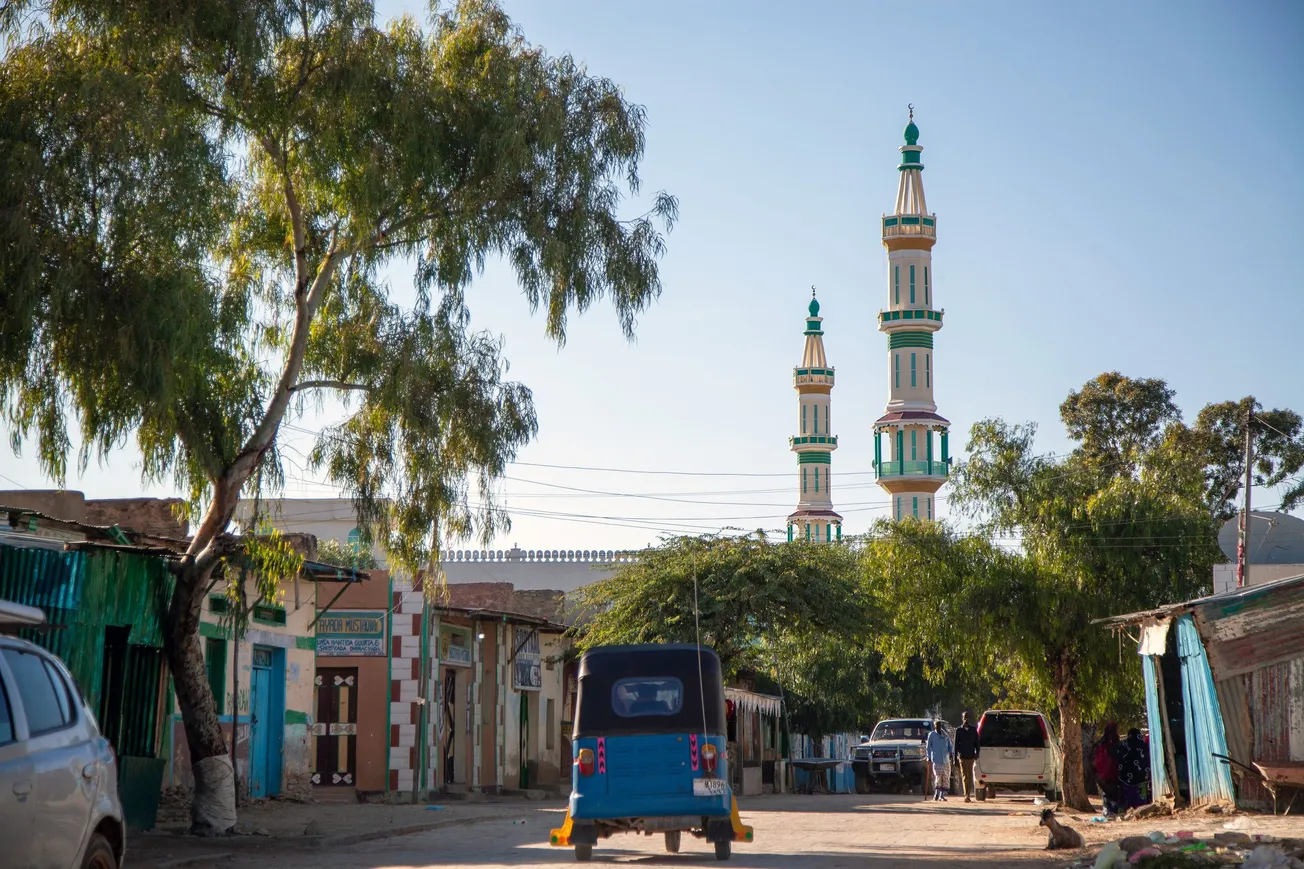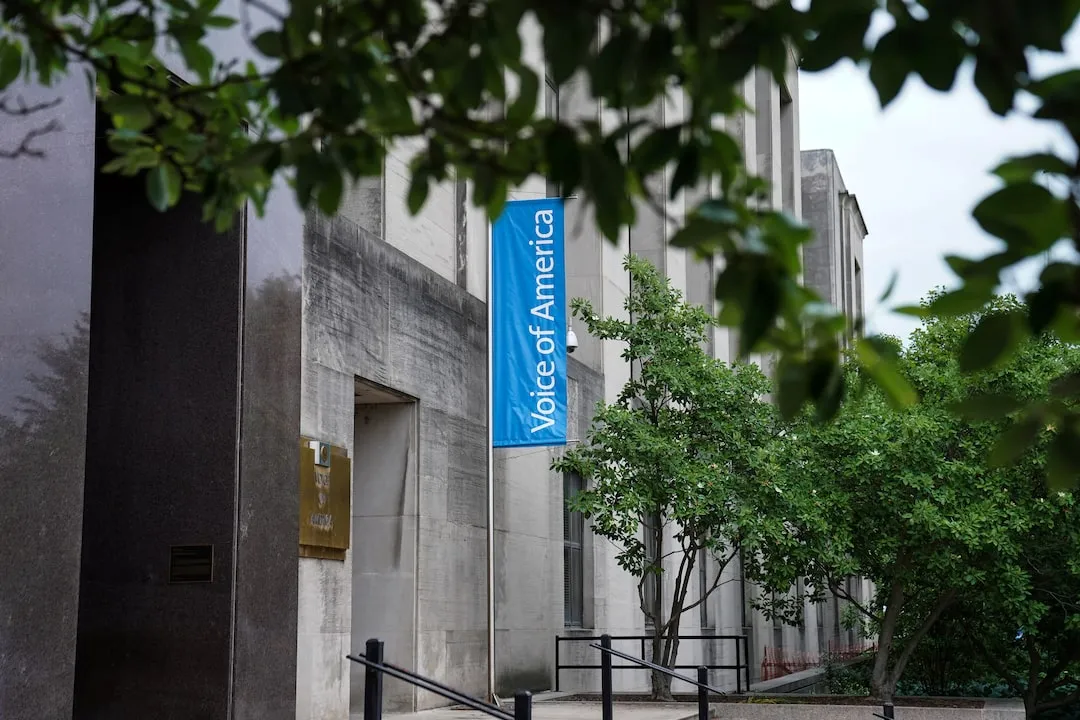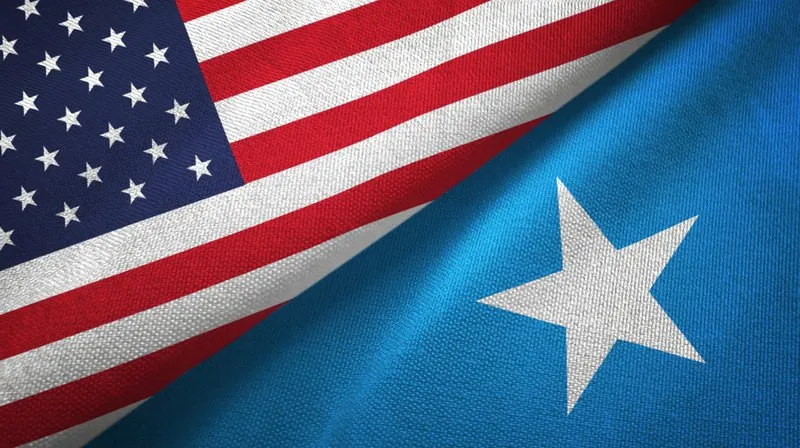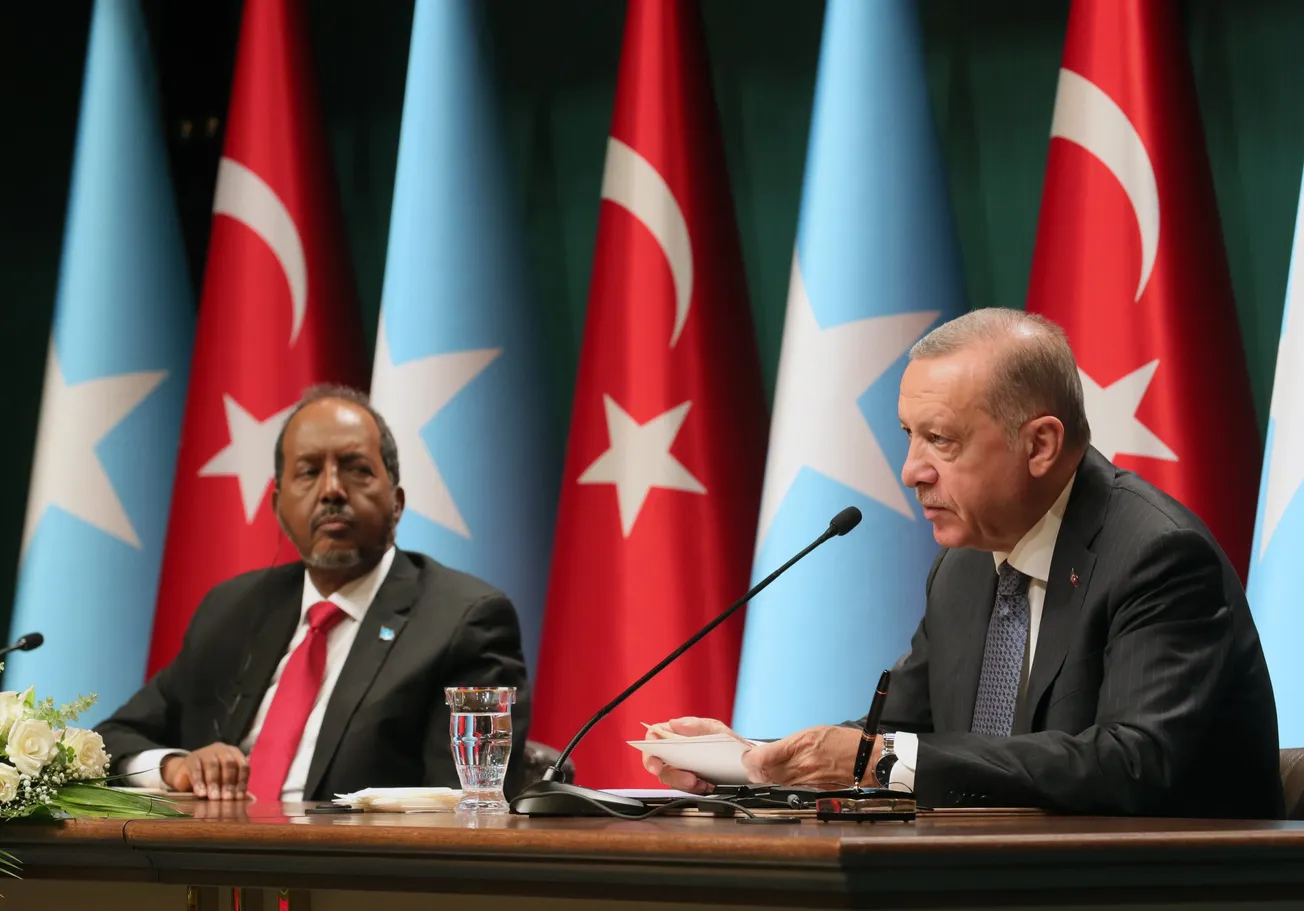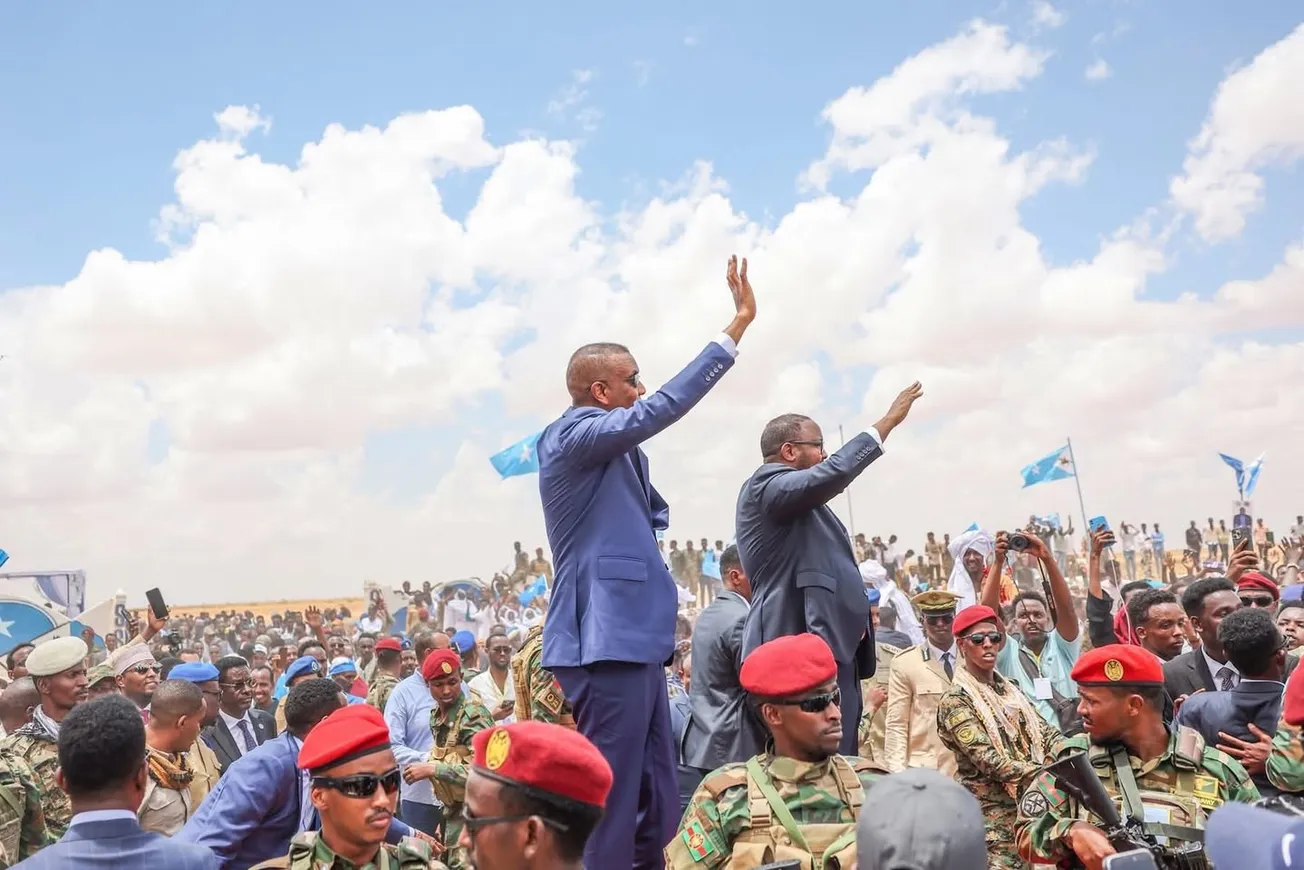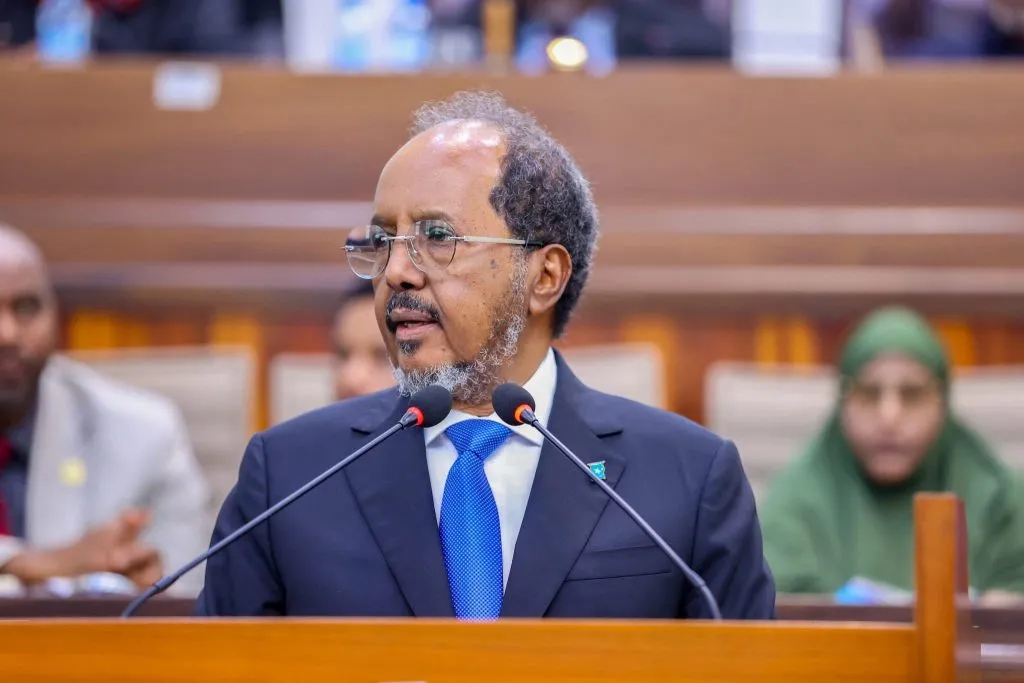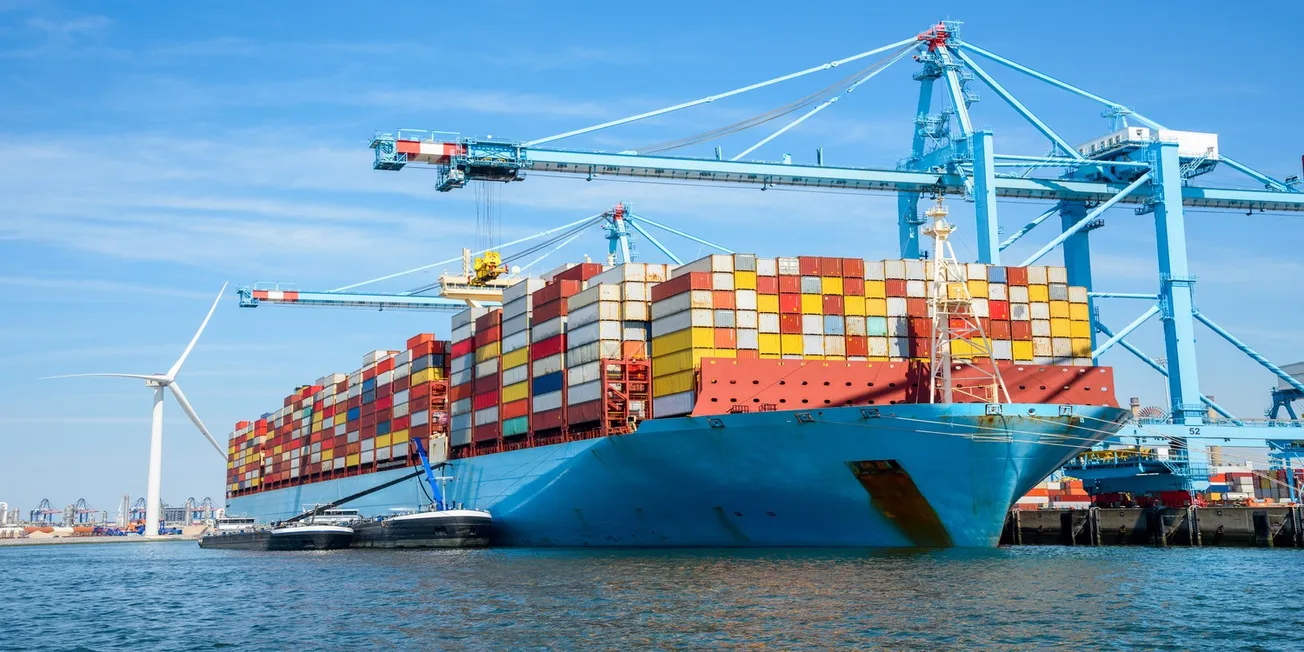Table of Contents
Recent warnings issued by the United States highlighting potential security threats in the Mogadishu area have renewed conversations about the importance of continued cooperation between Somalia and the U.S. Such alerts, emphasizing vigilance against possible terrorist attacks, underscore the persistent dangers posed by extremist groups, notably Al-Shabaab and ISIS.
The Somali government responded swiftly, affirming its ongoing collaboration with American intelligence and security forces. Officials in Mogadishu stressed their commitment to ensuring the safety of both Somali citizens and international visitors. This cooperative response highlights Somalia's determination to maintain stability despite ongoing security challenges.
In a significant reaffirmation of bilateral ties, Somalia's Ambassador to the U.S., Dahir Hassan Abdi, stated in an interview with Voice of America (VOA) that the relations between the two nations remain strong. Ambassador Abdi emphasized the depth of historical cooperation, pointing out the shared objectives and mutual interests that have anchored the partnership over the past three decades. "We are grateful to the U.S. government's ongoing support and alliance they have provided Somalia for the past 30 years," Ambassador Dahir Abdi said.
Ambassador Dahir Abdi's statements come at a critical moment, reassuring observers that the transition to a new administration in Washington will not diminish the robust partnership built on years of collaboration. This partnership is especially pivotal given Somalia's front line role in combating terrorist organizations and remaining the most critical country in the Horn of Africa's regional stability.
Currently, Somali forces, with significant backing from U.S. military and intelligence agencies, are actively engaged in operations against Al-Shabaab in the southern regions. Concurrently, efforts are underway in northern Somalia's mountainous Al-Miskat region against ISIS affiliates. This multi-front campaign exemplifies Somalia's strategic importance in regional counter-terrorism. On February 1, 2025, when President Trump authorized precision airstrikes targeting ISIS positions in Somalia's Golis Mountains, Puntland's Somali forces were battling ISIS on the ground in the harsh terrain, a testament to the Somali-US collaboration.
U.S. support for Somalia has been instrumental, particularly through logistical aid, military training, intelligence sharing, and targeted drone operations. These efforts align with shared goals between the two nations—eradicating terrorism and fostering regional security.
With Ambassador Dahir Abdi confidently reiterating the solid foundation of this bilateral relationship, it becomes evident that consistent U.S. support is essential for sustained success, especially in counter-terrorism. The U.S. has invested substantially in Somalia's stability, reflecting a shared recognition that terror groups pose a threat beyond regional borders.
Maintaining strong ties with Somalia represents continuity and pragmatism in the context of evolving U.S. politics. A steady alliance assures mutual benefits—Somalia gains critical security assistance, while the U.S. secures a reliable partner in a strategically vital region.


